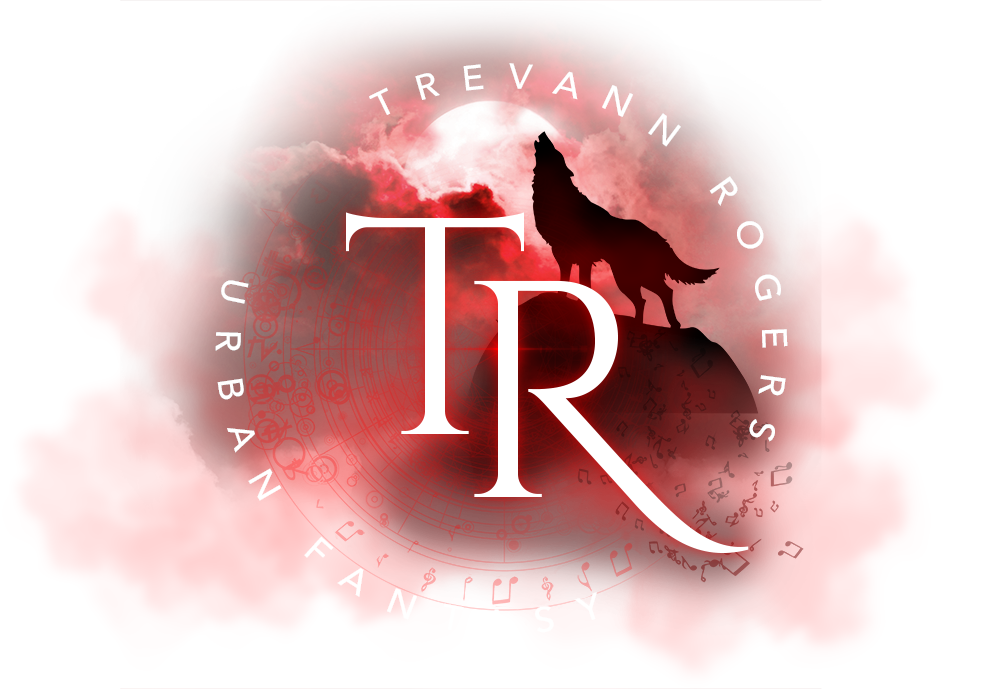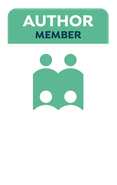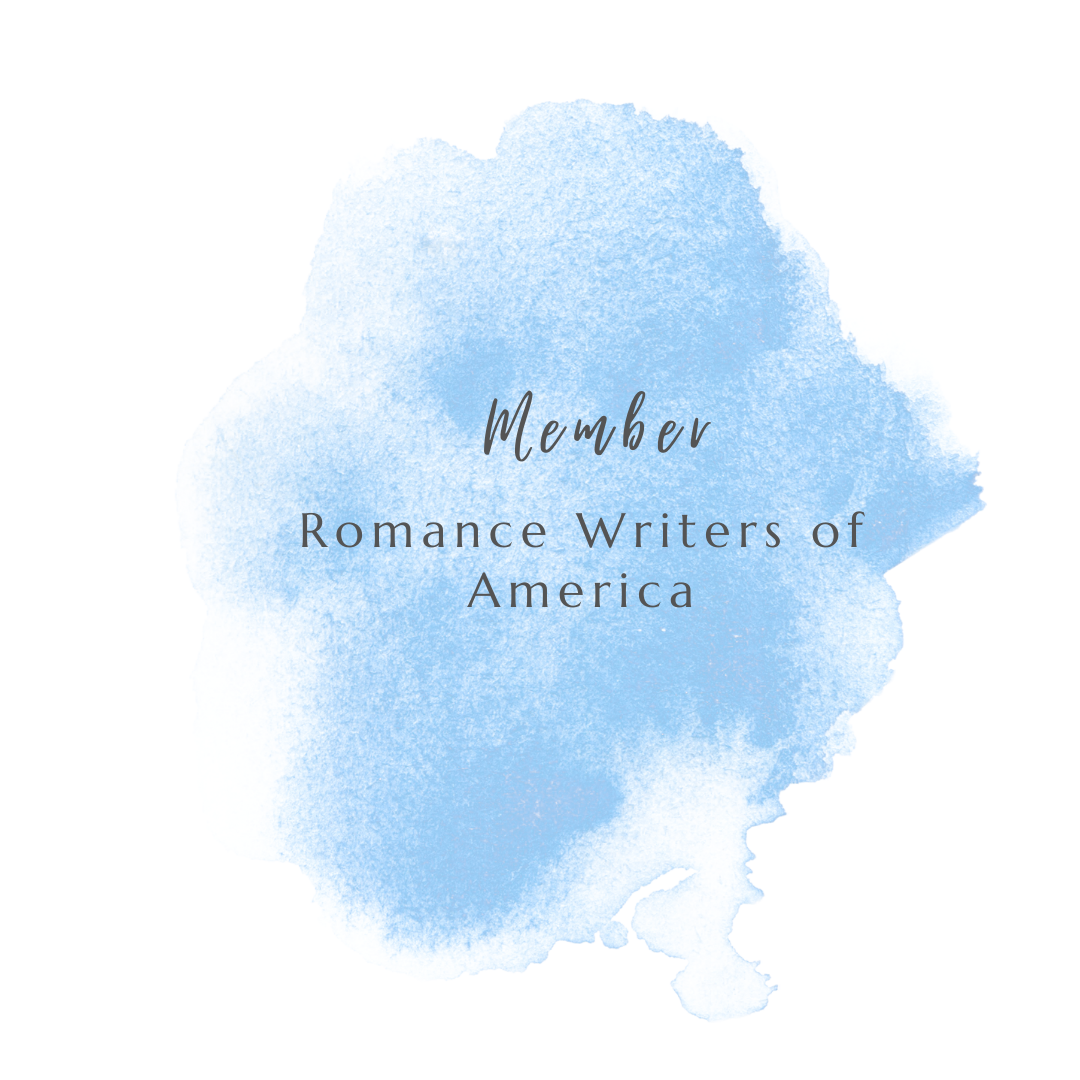Writing is hard. Even if the story comes easily, figuring out how to tell it may not. Writing is also lonely. You can sit for hours staring at your computer screen. Sure, your cat occasionally graces you with her presence but it’s not the same thing as having other people with you in the sometimes painful, sometimes gleeful, and always powerful journey.
I currently belong to Marketing for Romance Writers. This is an amazing collection of authors who are happy to share each other’s victories and lament each other’s pain. We don’t convene, but we connect in an email loop and social media. CT Romance Writers is another. I’ve belonged to this group the longest and I credit it with helping me to learn the craft and the ins and outs of submitting manuscripts. Both of these groups are relatively large, and while size has its advantages, it also means that it isn’t very intimate and it is not easy to form individual relationships.
That is where CT Writers Circle comes in. This small group of six wonderful women are my tribe. Each of us writes in very different genres—Thrillers. Poetry. Biographies. Ecological Mysteries. Romantic Comedy—and then there’s me, writing spicy LGBT and rock star romance. What connects us isn’t that we write the same thing. It’s that we are compelled to write, and are willing to support each other as women, as writers, and as colleagues.
No matter you passion, it's important to find your circle. I’m fortunate to have found groups of writers that welcomed me, and who make writing less lonely.
















